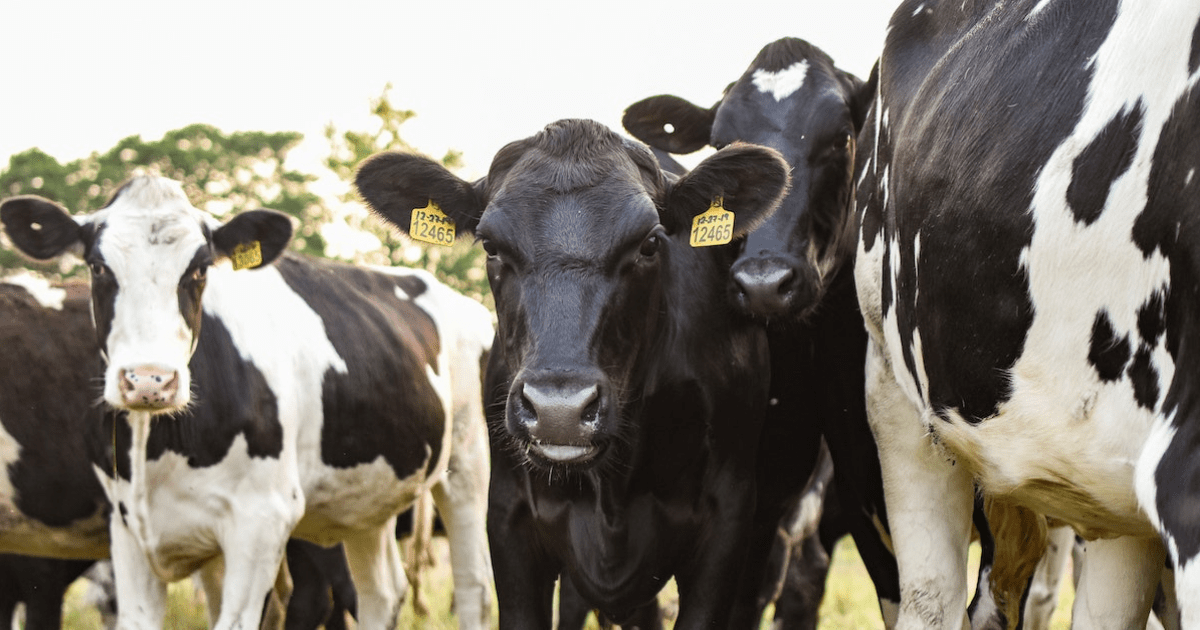
Demand for quality South African beef products is consistently growing, both locally and internationally. This means there’s a steady demand for cattle farming in South Africa. Cattle farming forms an important part of South Africa’s agricultural landscape. If properly approached, it can be a highly profitable and rewarding farming venture to start. However, beef production involves a significant investment, and there’s a lot of hard work that goes into establishing a cattle farm.
In this guide, we’ll cover a few of the essentials you’ll need to know if you’re planning to start a cattle farm in South Africa.
Understanding Cattle Farming in South Africa
You can split South Africa’s cattle farming industry into two main sectors – cow-calf operations and feedlots.
Cow-calf operations refer to farms that breed and raise cattle to sell them. These farmers are focused on raising quality cattle that are suitable for the specific industry they sell them to, such as dairy cattle or beef cattle.
Feedlots purchase cattle and prepare them for the final stage of the beef production process. These farms are focused on feeding cattle to obtain a high market weight and making sure they have the right medical clearance to continue onto the beef production process. Of course, you also get cattle farms in South Africa that combine both elements.
Considerations for Cattle Farming in South Africa
If you want to start cattle farming in South Africa, there are a few important considerations to make.
Cattle Production Systems
There are three types of commercial beef cattle production systems you can run:
- Intensive conditions: Where cattle are kept in confinement and are fed with water and feed.
- Extensive conditions: Where cattle have the freedom to roam outdoors and graze as their main source of feeding.
- Semi-intensive conditions: A combination of both of the above systems, where cattle are exposed to extensive and intensive farming methods.
It’s important to choose a cattle production system that makes sense for your breed of cattle, your land, and how your cattle farm plans to operate as a business.
Cattle Breeds
A vital part of starting cattle farming in South Africa is selecting the right livestock breeds. This is expensive, and you want to ensure you have good, healthy genetics from the start.
There’s a lot to consider when choosing cattle, such as their age, size, condition, and reproduction statistics. However, the best type of cattle for your farm really comes down to your farm’s climate, your farming methods, and the purpose of your farm.
Different cattle breeds are best for certain production purposes. Breeds can be divided into meat breeds, dairy breeds, or dual-purpose breeds. Each type also differs in hardiness and adaptability towards various production systems.
Understand the pros and cons of different cattle breeds and make sure you choose the right breed for your farm. This is critical for the success of your cattle farming operations.
Cattle Health
You need to keep your herd healthy if your cattle farm is going to be a success. Maintaining good herd health is one of the most important parts of cattle farming. Be sure to properly vaccinate all of your animals and apply proper parasite control measures to your farm. You will need to work closely with a veterinarian to make sure your cattle stay healthy.
You will also need to implement thorough biosecurity measures to protect your animals from diseases.
Feed and Nutrition
Another essential part of keeping your herd healthy is providing them with the right feed and nutrition. Beef cattle consume around 3 kg of feed per day for each 100 kg of body weight. This means you need plenty of feed available to maintain a healthy herd. Ensure your pastures are properly managed, and that you have enough space for cattle to graze sustainably. The more you let your cattle graze, the more attention your fields will need.
Investing in high-quality feed for your cattle will help you produce healthier, stronger animals. Of course, this is also a major expense that needs to be carefully controlled. Access to clean drinking water is also essential, as adult cattle can drink up to 70 litres of water per day.
While cattle farming poses a great opportunity, you need to be properly prepared if you’re going to get into this area of agriculture. Successful cattle farms require a lot of space, a lot of resources, and a lot of specialist knowledge. You need to make sure your farm is properly set up to keep your cattle healthy while providing enough output, whether that be through beef or dairy.
However, with the right production and herd management systems in place, starting a cattle farm can be highly rewarding. As this is an area of farming with plenty of demand, there’s always room for new high-quality cattle farms to enter the market.








